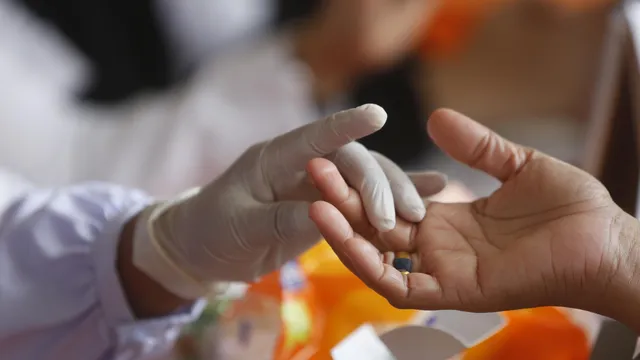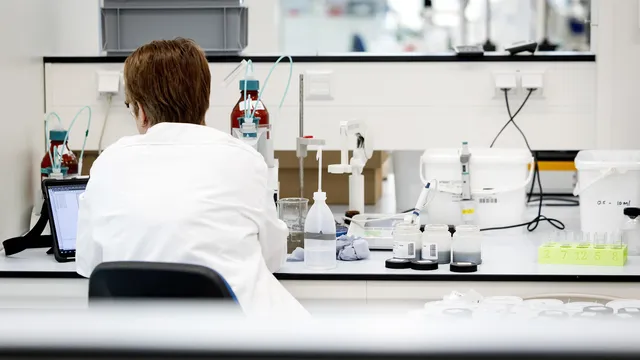Young teenagers who have trouble sleeping are at higher risk of self-harm when they turn 17, according to a new study.
British researchers found that self-reported sleep problems at age 14 were directly linked to self-harm both then and at age 17, Euronews reported.
The results show that sleep can have a long-lasting impact on the well-being of teenagers, the researchers say.
"Self-harm is one of the leading causes of death among adolescents and young adults," said Nicole Tan, one of the study's authors and a clinical and health psychologist at the University of Warwick.
"Knowing that poor and fragmented sleep is often a precursor or companion to suicidal thoughts and behavior gives us a useful clue for monitoring risk and early prevention," she adds.
In recent years, sleep deprivation and self-harm among young people have become separate public health issues in Europe.
The proportion of teenagers who follow sleep recommendations on school days ranges from 32% in Poland to 86.3% in the Flemish part of Belgium, according to a 2020 study.
The American Academy of Sleep Medicine (AASM) recommends that 13- to 18-year-olds get 8 to 10 hours of sleep per night during the week.
The latest study, published in the Journal of Child Psychology and Psychiatry, includes more than 10,000 participants aged 14 in the United Kingdom.
They were asked about their sleep problems, including how long they sleep on school days, how long it takes them to fall asleep, and how often they wake up during the night.
The 14-year-olds were also asked if they had ever intentionally hurt themselves.
The same question was asked again three years later, when they were surveyed at age 17.
The study found that when young teenagers slept less on school nights, woke up more often during the night, or took longer to fall asleep, they were more likely to report self-harm at ages 14 and 17.
Sleep problems increase these risks even after researchers account for other known factors, such as age, gender, socioeconomic status, previous instances of self-harm, self-esteem, and depression.
It is still unclear why exactly there is a link between poor sleep and self-harm. The researchers tested whether poor sleep could be linked to poorer decision-making, which increases the risk of self-harm, but this proved to be untrue.
However, the researchers noted that sleep is a "modifiable risk factor," meaning that improving the quality and duration of sleep in teenagers could help reduce the risk of self-harm and have long-lasting benefits.
"Although this is obviously an unfavorable connection... we can actually do something about it," said Michaela Pouli, one of the study's authors and a psychology researcher at the University of Warwick.
"If the link between sleep and self-harm is true, and with well-targeted interventions in schools and homes, we can do a lot to reverse the trend," she added. | BGNES

 Breaking news
Breaking news
 Europe
Europe
 Bulgaria
Bulgaria







